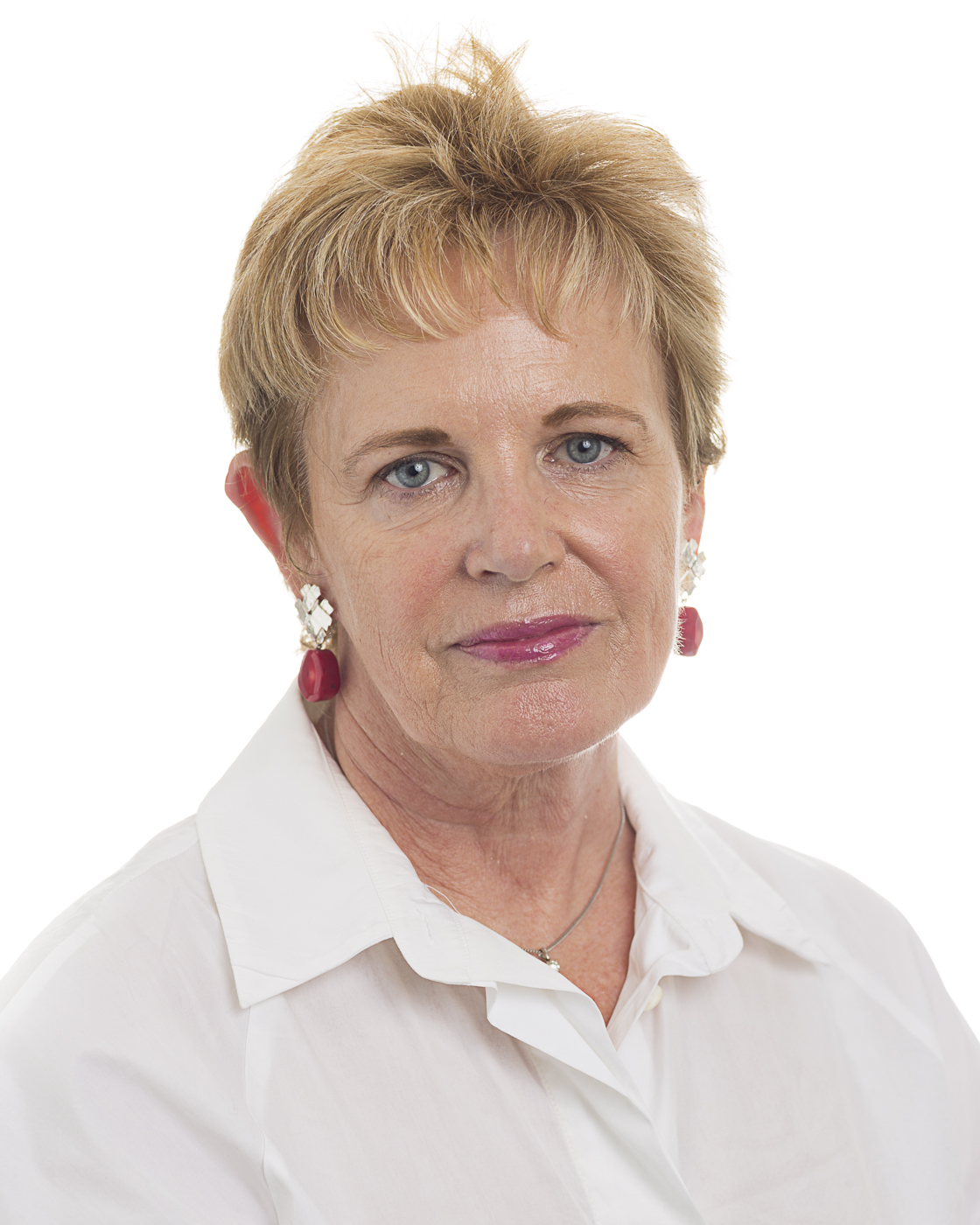Live from conference - my opening speech
18 March 2013

For the benefit of those that couldn't make it, I thought I would share this transcript of my opening speech at 'Shock of the New' the MRS Annual Conference, 19-20 March. You can follow events at @tweetMRS and there will be live blogging on the research-live website.
That’s a lot of intellectual capital. It should remind us that our output is a major creative force behind commercial and public decision-making in the UK.
We remain in the UK the world’s largest research market on a per capita basis.
We remain in the UK the world’s largest research market on a per capita basis.
This year’s conference is about rising to the increasing challenges we, as a sector face to stay in that position: because it’s about the challenges and opportunities that the private and public sector face and what we can do to help both sectors succeed.
So this afternoon we are delighted to end a day which covers the reinvention of space, the state of Trust in the BBC, and sessions from elections and the NHS with David Shrigley. Called probably the funniest gallery type person who ever lived to talk to us about the Human Brain’s Mind. His website features a large squirrel looking for his nuts. So I have no idea what to expect and look forward to being surprised.
One of these greatest challenges recently has been about honesty, transparency and the trust in the quality of our supply chains. Believe me, in terms of illustrating why standards matter, this recent scandal has been a gift.
MRS has championed the importance of standards and ethics for a very long time. In fact, we have had a code of conduct which covers the use of personal information since 1954.
Personal information is the critical supply chain in much of what we do today maybe there would be a more coherent approach to it if it were treated as such. For researchers, it is their life blood. That means the Research sector has known that trust and transparency are the only way we can run our businesses.
You don’t talk to people about your experience with domestic violence or even your tax avoidance unless you trust them.
Which is why, backed by the Information Commissioner, parliamentarians like Jack Straw and people who have made their living from data like Clive Humby, we decided to do our bit to make life a bit more transparent to the public.
Which is why, backed by the Information Commissioner, parliamentarians like Jack Straw and people who have made their living from data like Clive Humby, we decided to do our bit to make life a bit more transparent to the public.
We believe that all ethical responsible organisations should have three key supports to their behaviour:
- Responsible sourcing of raw materials and processing
- Responsible approach to their impact on the environment and the communities in which they operate
- A responsible approach to personal data.
Meanwhile, at MRS our queries at our confidential advisory service, Codeline relating to data integrity collection and use are up 43% year on year and many of the problems we encounter come from marketing.
Fair Data is our response. It is a trust mark by which consumers can identify those organisations they can trust with their data. It is simple. Since its launch on 28th January, it has signed 11 partners’ large, small, agency and client-side and we are starting discussions about making it internationally available.
If we don’t stand up and be counted, somebody else will regulate, but that shouldn’t be the reason to act. We should act because doing the right thing is good for everyone, personal information and its use is just one of those shock waves everyone is dealing with today.
To set us the more challenges they think we should be addressing as an industry, I would now like to hand you over to the key note debate."
To set us the more challenges they think we should be addressing as an industry, I would now like to hand you over to the key note debate."
Follow the conference at@tweetMRS and on the research-live website.
Get the latest MRS news
Our newsletters cover the latest MRS events, policy updates and research news.











0 comments